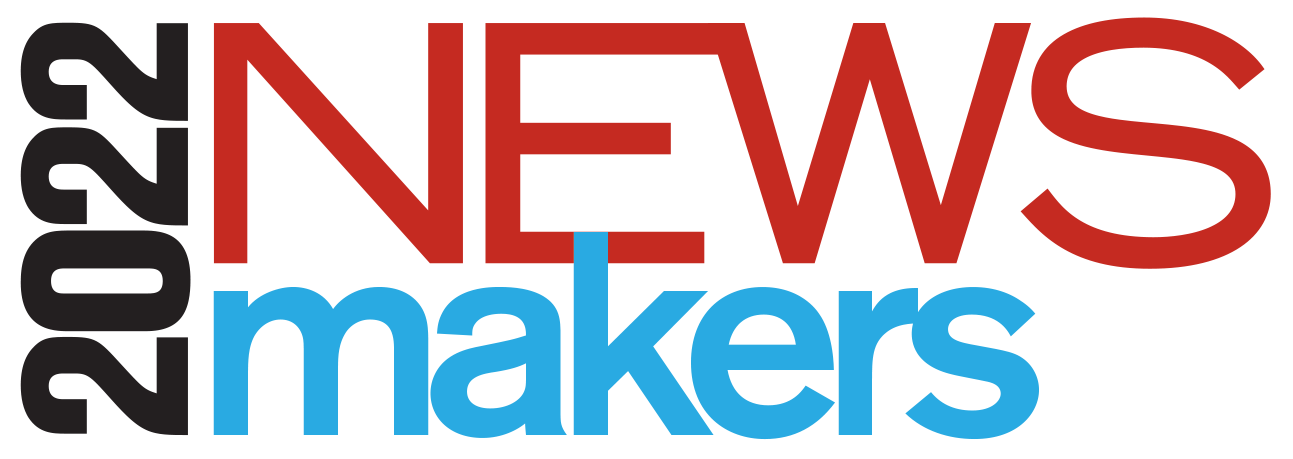2022 NEWSmakers
As 2022 comes to a close, The ACHR NEWS is looking back at the past year in the HVAC industry. To do that, we are highlighting four HVAC NEWSmakers that have made headlines in the last 12 months.

Select a NEWSmaker to read more
Joe Manchin is the political bridge between the fossil-fuel technology that still powers most heating and cooling systems in the U.S. and new energy technology that has not fully emerged.
The Democratic U.S. senator from West Virginia provided a key vote last summer in favor of the Inflation Reduction Act (IRA), a federal legislative package that invests billions in high-efficiency HVAC, renewable energy, building electrification, and energy-conservation measures such as better-insulated homes and commercial buildings. The IRA, which narrowly passed the Senate on a party-line vote, was signed into law in August.
With tax credits, tax deductions, and point-of-sale rebates, the new law is expected to boost sales of certain HVAC products and could keep contractors busy. Manchin’s support of the IRA has earned him a place among the 2022 ACHR NEWSmakers of the Year.
His vote came despite public declarations that he could not support earlier versions of the bill and despite his business ties to the coal industry. Most prominently, the vote came despite Manchin’s position as a longtime lawmaker from a state with an economy heavily invested in fossil fuels.
West Virginia in 2020 was the country’s second-largest coal-producing state, after Wyoming, and accounted for 13% the country’s total coal production, according to the U.S. Energy Information Administration (EIA). That same year, the state was also fifth in the nation in natural gas production and its oil wells yielded an all-time high of 20 million barrels of crude, the EIA said.
Manchin’s take is that the IRA will help in the transition between traditional energy sources and the technology that could power the future, without immediately displacing fossil fuels.
“The IRA invests heavily in technologies we need to support our energy security and independence without removing dependable and affordable fossil-fuel energy before new technologies are ready to reliably manage our energy needs,” Manchin said in response to a question emailed to his office. “The bill addresses our energy challenges by adopting commonsense solutions through strategic and historic investments that allow us to decarbonize while ensuring American energy is affordable, reliable, clean, and secure.”
Manchin, 75, is a lifelong West Virginian who has held elected office for most of the last 40 years. Following four years in the state’s House of Delegates, Manchin served as a state senator, as West Virginia secretary of state, as the state’s governor and, since late 2010, in the U.S. Senate, where he chaired the Committee on Energy and Natural Resources for the last two years.
A self-described centrist, Manchin is often seen as a swing vote in the Senate, which the Democrats control by a narrow margin.
The IRA was cobbled together from parts of the much broader Build Back Better plan of 2021, which was abandoned after Manchin called it “dead.” In order to support the bill that was adopted, Manchin said, he “solicited and listened to input from all sides … to find a path forward that removes inflationary policies” and help Americans affected by high prices.
“The IRA incentives, especially the energy efficiency rebates and credits, are designed to make the implementation of cleaner and more efficient technologies more affordable for everyday Americans,” he said.
If the IRA does indeed tackle inflation, it will do so on several fronts. According to a Senate summary, it will raise an estimated $739 billion, most of that through a new 15% minimum corporate tax, prescription drug pricing reforms, and increased enforcement of tax laws. Of that, the summary says, $369 billion will go toward energy security and fighting climate change, $300 billion toward deficit reduction, and $64 billion toward Affordable Care Act improvements.
“The IRA provides a responsible path forward that is laser focused on solving our nation’s major economic, energy, and climate problems,” Manchin said. “Rather than risking more inflation with trillions in new spending, the IRA will cut the inflation taxes Americans are paying, lower the cost of health insurance and prescription drugs, and ensure our country invests in the energy security and climate change solutions we need to remain a global superpower through innovation rather than elimination.”








